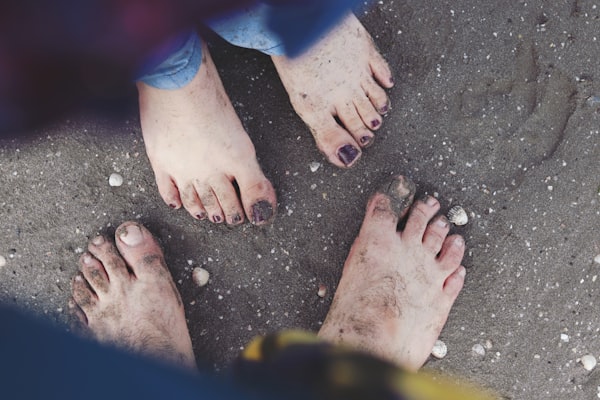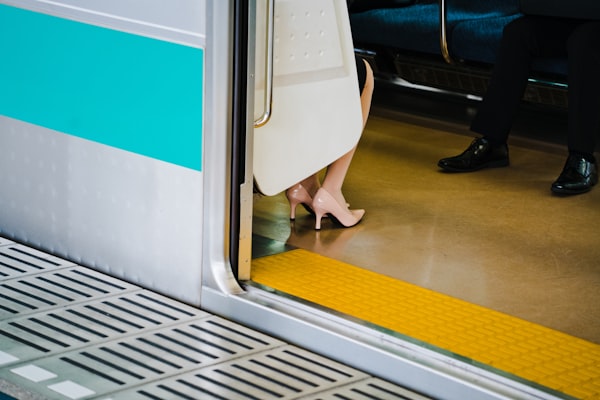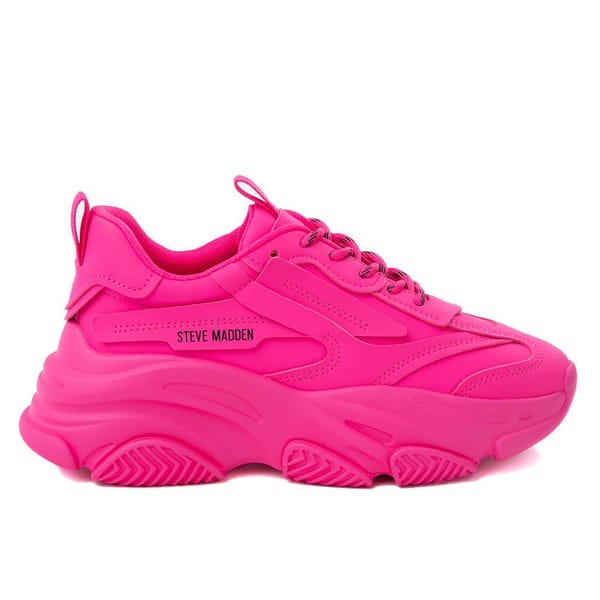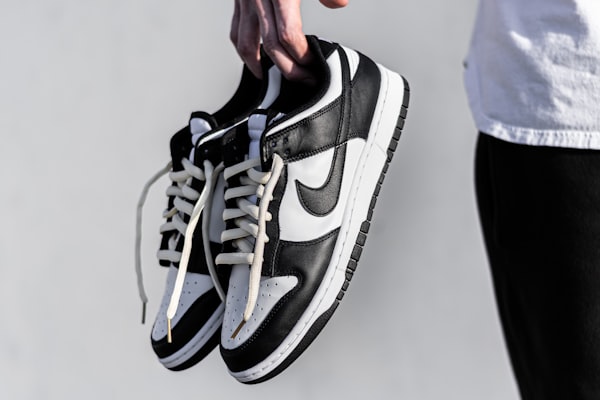Do you feel like a vengeful Olympian kicked you in the heel? Are you struggling with the pain and stiffness of Achilles Tendonitis? Well, hold your horses because your shoes might be to blame.
That's right. Your trusty footwear might not be so trustworthy after all. Whether you're a runner, a hiker, or a fashionista, the wrong shoes can exacerbate your Achilles Tendonitis symptoms and leave you hobbling around like a baby giraffe.
But fear not! By understanding the impact of your shoes on your Achilles Tendonitis, you can take steps to alleviate your symptoms and get back on your feet (literally).
So, slip off those old kicks and read on to learn how to choose the right shoes for Achilles Tendonitis relief. Your feet (and your inner fashionista) will thank you.
What Is Achilles Tendonitis?
Achilles Tendonitis is a common condition resulting from overuse and inflammation of the Achilles tendon, the large tendon that connects the calf muscles to the heel bone. This tendon is vital for walking, running, and jumping. It can become strained and inflamed due to repetitive stress, such as running, jumping, or dancing.

Symptoms of Achilles Tendonitis can include pain and stiffness in the back of the leg, swelling, tenderness, and a limited range of motion in the ankle. It is essential to seek medical attention if you are experiencing these symptoms. Untreated Achilles Tendonitis can lead to more severe injuries, such as tendon tears or ruptures.
Are My Shoes Exacerbating My Symptoms?
Achilles Tendonitis is a painful condition that can make even simple activities, such as walking or running, a real challenge. While many factors can contribute to the onset and exacerbation of Achilles Tendonitis, one often overlooked aspect is the shoes you wear. The two main contributors to this are shoes that don't offer the proper support and shoes that don't fit well.
1. The Wrong Type of Shoe
The wrong type of shoe can cause or exacerbate Achilles Tendonitis. That is because it can put extra stress and strain on the Achilles tendon, the large tendon that connects the calf muscles to the heel bone. In addition, shoes that lack adequate arch support can cause the arch of the foot to flatten, putting extra tension on the Achilles tendon.
Additionally, shoes that lack proper cushioning can cause increased impact and shock to the foot and ankle, further aggravating the Achilles tendon.
High heels can also contribute to Achilles Tendonitis, as they place added pressure on the tendon and can cause it to become inflamed. Therefore, choosing shoes that provide the proper support and cushioning is essential to help alleviate extra stress and strain on the Achilles tendon.
2. Shoes that Don't Fit Well
Ill-fitting shoes can cause or exacerbate Achilles Tendonitis because they can lead to friction and irritation in the area around the Achilles tendon. In addition, when shoes are too tight, they can rub against the skin, creating a blister or sore that can further irritate the inflamed tendon.
On the other hand, when shoes are too loose, they can allow the foot to slide inside the shoe, causing rubbing and irritation on the skin and the Achilles tendon. This can lead to inflammation and pain.
Additionally, shoes that do not fit well can lead to poor biomechanics of the foot, such as overpronation (excessive inward rolling of the foot), which can place extra stress on the Achilles tendon. This can lead to further irritation and inflammation of the tendon.
Ensuring that your shoes fit properly is crucial to help prevent and manage Achilles Tendonitis. This includes choosing shoes with a snug heel fit, a proper toe box fit, and the appropriate width. You should also consider the type of activity you'll be doing in the shoes, as different activities may require different types of shoes.
Are There Shoes that Won't Cause Pain and Discomfort?
Some shoes can help alleviate Achilles Tendonitis symptoms and reduce the likelihood of exacerbating them. When choosing shoes to wear with Achilles Tendonitis, it's essential to consider factors such as arch support, cushioning, and fit.
Some good options include shoes designed explicitly for Achilles Tendonitis, such as orthopedic shoes, and shoes with supportive features like good arch support, shock absorption, and a broad, stable base. Check out our in-depth guides for assistance choosing the right shoes and getting the right fit.


You can consult a doctor or podiatrist to determine the best type of custom orthotic shoes or inserts. However, you will need to make several visits to the office and wait 4-6 weeks for your shoes or inserts to be delivered.
If you're looking for a convenient option to help alleviate Achilles Tendonitis symptoms, over-the-counter orthotic shoes, and inserts can provide the necessary support and cushion. To save you time and effort, we've done the research and reviewed the best shoe models and brands for easing your Achilles Tendonitis symptoms. The best part? You can order any of our top picks and have them delivered to your door in just a few days.
Tips from Our Editors
Check out the tips section in the articles linked above for valuable pointers to help you find the right shoes to alleviate the pain and discomfort of Achilles Tendonitis.
On a Final Note
Don't let your shoes be the Achilles heel of your Tendonitis recovery.
By choosing the proper footwear and alleviating your symptoms, you can get back on your feet and strut your stuff confidently.
So, go forth and conquer, my fellow shoe lovers! Your feet (and your Achilles tendon) deserve it.
Related Articles









